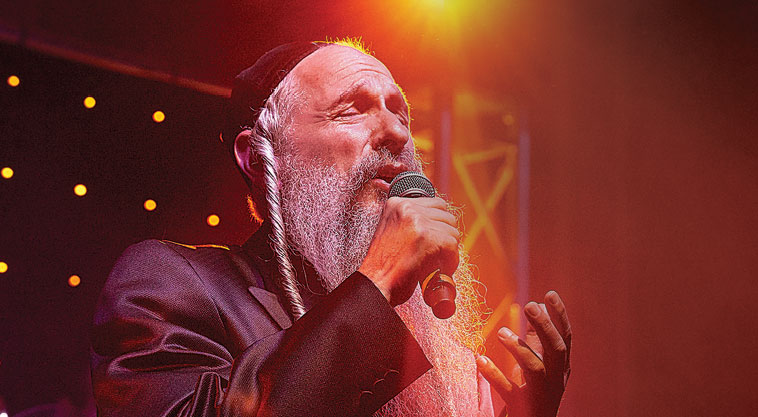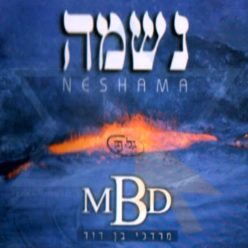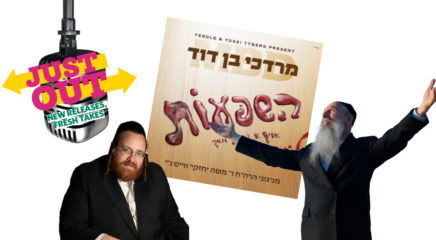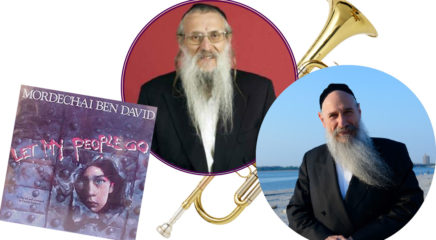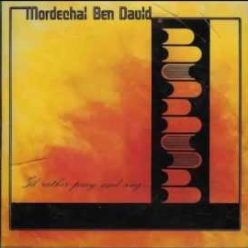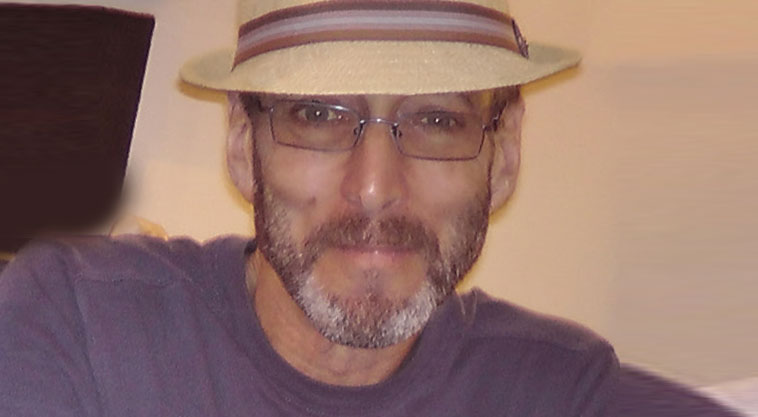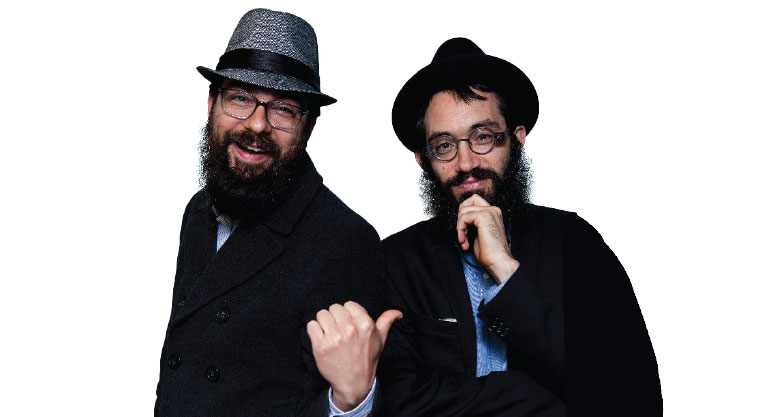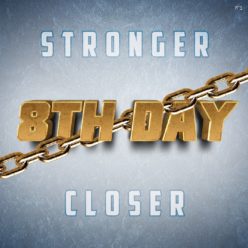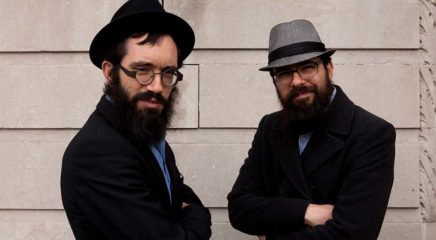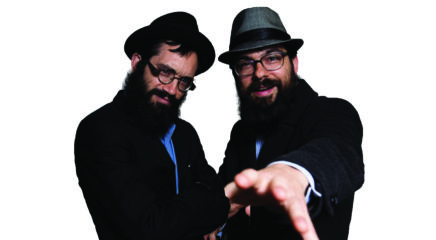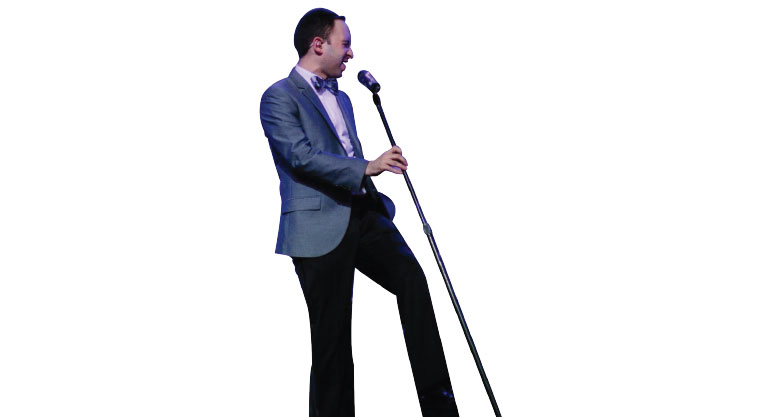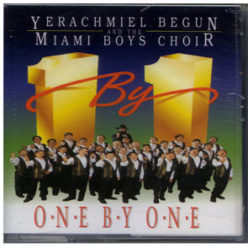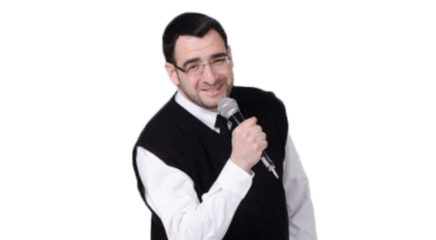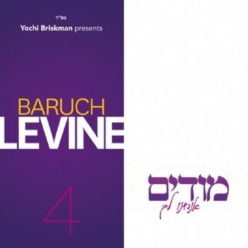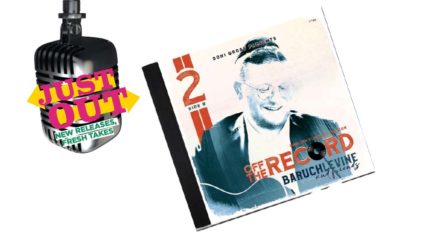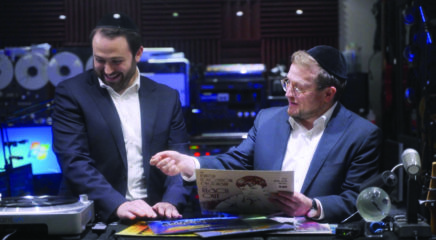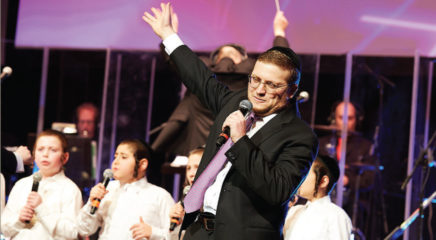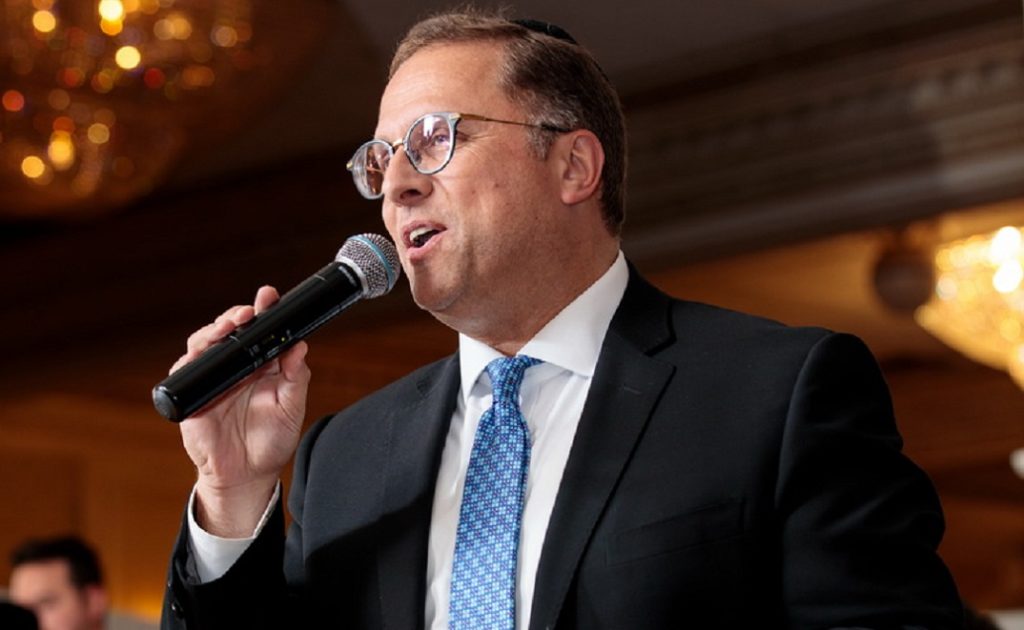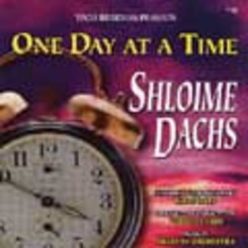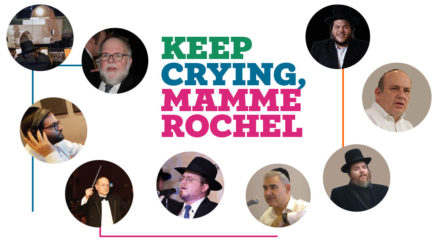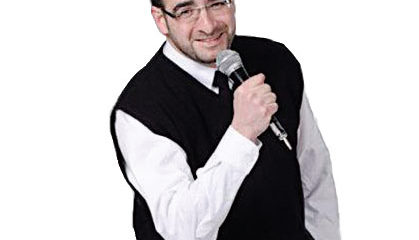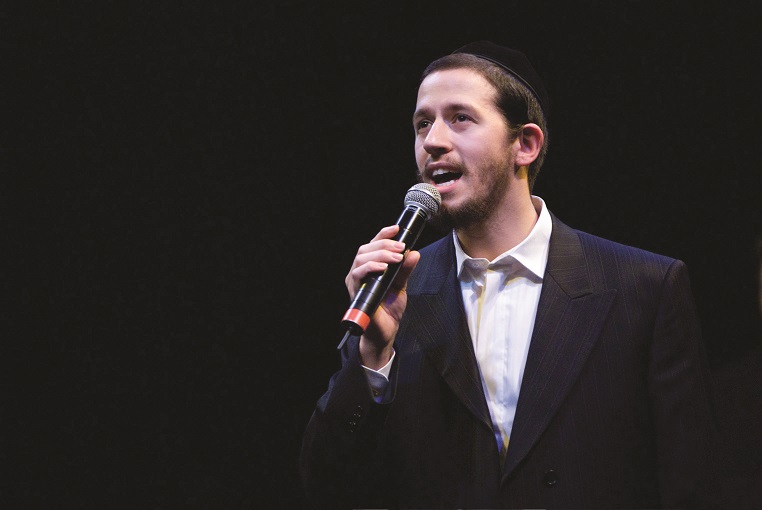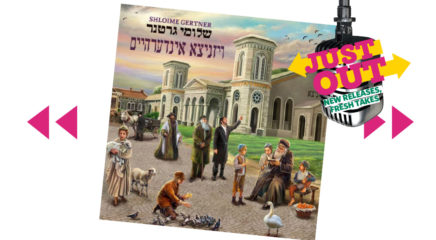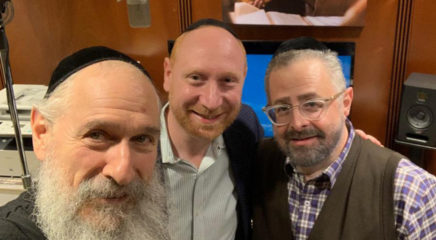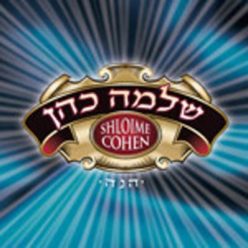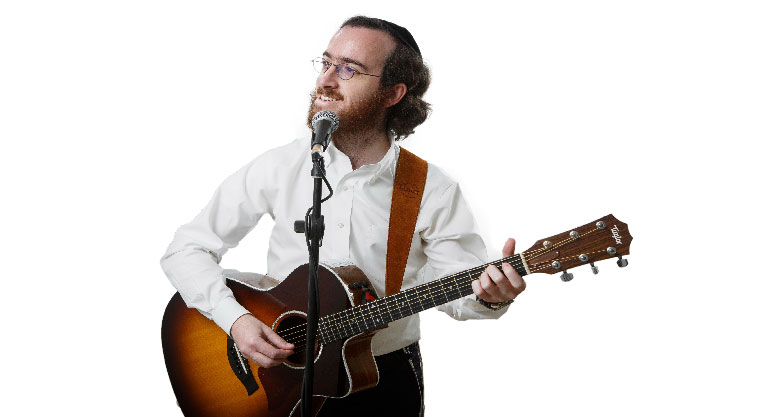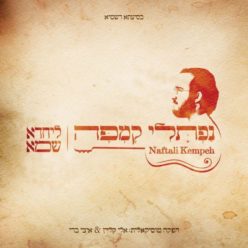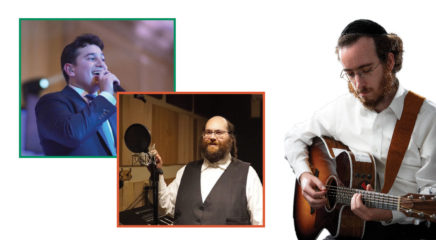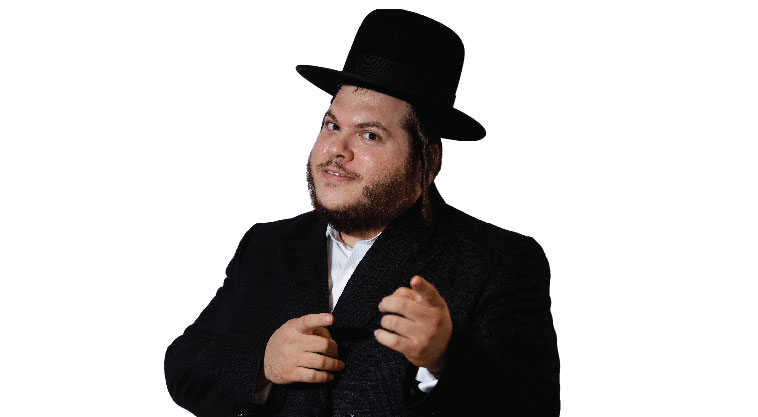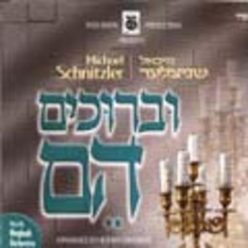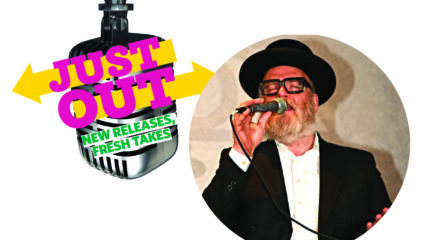Back in 1973, a young man named Mordechai Werdyger slipped on to the Jewish music scene with a little-known album called Original Chassidic Melodies. While that early album never took off, listeners sat up when they heard Mordechai Ben David’s next album, Hineni, the following year. The magic of his new-old musical style and the sheer power of his voice soon won a place right at the heart of the frum soundtrack.
For over four decades, we’ve sung and danced, swayed and prayed, to hundreds of iconic MBD songs, the ones he wrote himself and those collaborations he made famous. And now we’ve asked our readers:
Which one of Mordechai Ben David’s songs has touched your life?
“Yesh Kochavim” (“Shir Hashalom”) (Neshama — Soul, 1975)
My father was a transplant from high-society Germany. Music to him meant chazzanus — and classical and operas music. I used to enjoy Jewish popular music but it wasn’t up to my father’s standard.
And then came Mordechai Ben David’s music... and everything changed. Suddenly my father and us children had a musical love we shared. My father, a very controlled and yekkishe man, would become transformed as he listened to some of MBD’s early albums.
We always sang all the zemiros at the Shabbos table, many with haunting melodies from Germany or Austria. But we, the younger generation, didn’t really appreciate that “old style music” in those days. Thankfully, though, with the introduction of MBD, my father allowed us to sing his songs at the table. MBD had turned words from the Shabbos tefillos into the most spiritual, leibedig, and inspiring melodies. And my father would lead with his eyes closed and a smile on his face.
There was one song that he especially loved. It was in the early days, a song that seems utterly forgotten: “Yesh Kochavim,” sung in modern Hebrew with original lyrics [the tune was borrowed from a popular secular song that was released the same year —ed.]. The lyrics told the story of the stars, how some are small and some are hidden but they are all unique and special. And if you could approach even the tiniest ones, you would see a light that could brighten the whole world — and we could all live together if we appreciated each other with love in our hearts. My father and I used to sing this song together. We were both softened by the message, the tune, and the words, and when MBD sang it in his majestic voice, everyone in the house would stop and listen.
Fast forward many years. I was living far away, and my father and I no longer had opportunities to sing together very often. Then my father became very ill. I spent the last night of his life with him in the hospital. He could no longer talk, as he was mostly in a drug-induced sleep. I sat there with tears running down my cheeks, desperately wanting to reach him but no longer sure of how to. And then, tentatively, I began to sing: “Yesh Kochavim yoter gedolim.. .v’yesh meihem shelo niriim... aval kochavim kulam.” His face relaxed, and I thought I glimpsed a small smile play around his lips. I am always grateful to Mordechai Ben David — for bringing music to the Jewish world that linked my father and me together, till the very last day.
MBD'S TAKE
“As I sat one bright, starry night gazing at the sky, Hashem put the thought into my head how we Yidden are likened to the stars. Hashem told Avrahom Avinu, ‘Your children will be like the stars in the sky.’ And although there are trillions of stars in the sky, to the naked eye some seem to be brighter than others, because the closer we are to the stars the brighter they shine. The same concept applies to us humans: If we would be closer to one another, we would certainly see the bright star in everyone.”
(Originally featured in Mishpacha, Issue 738)

